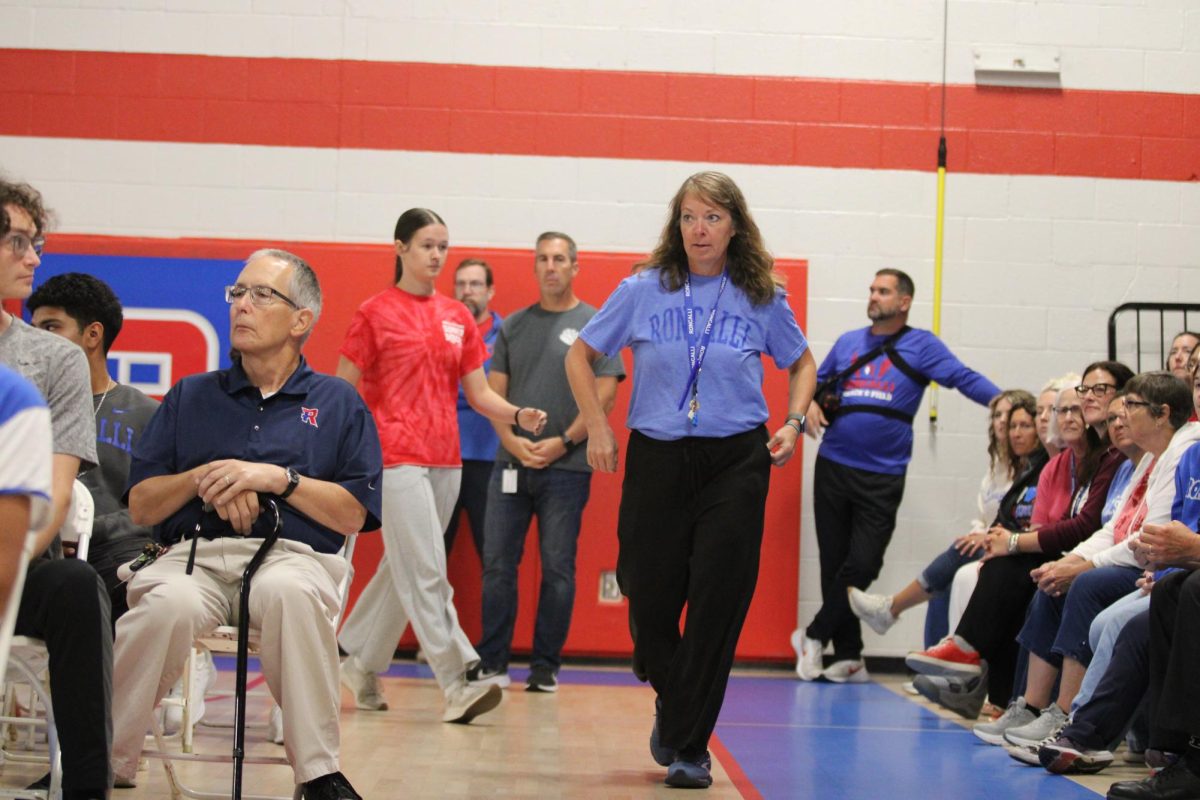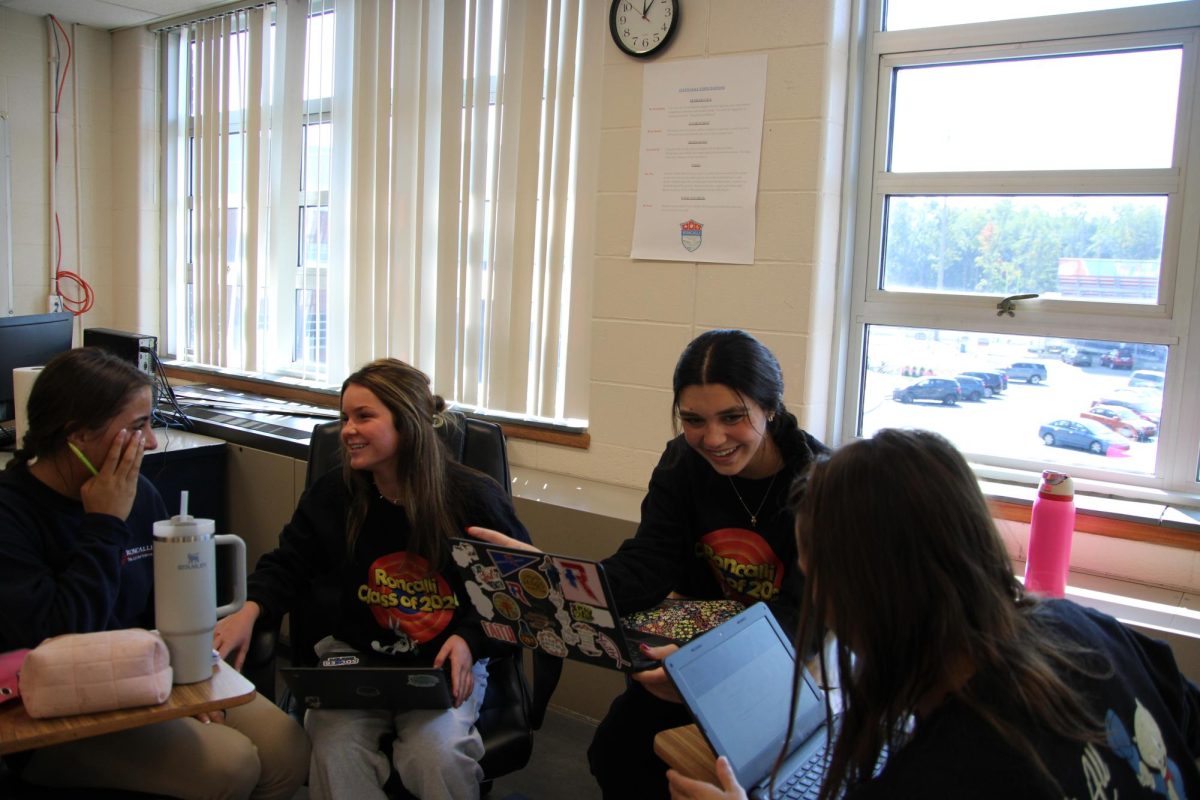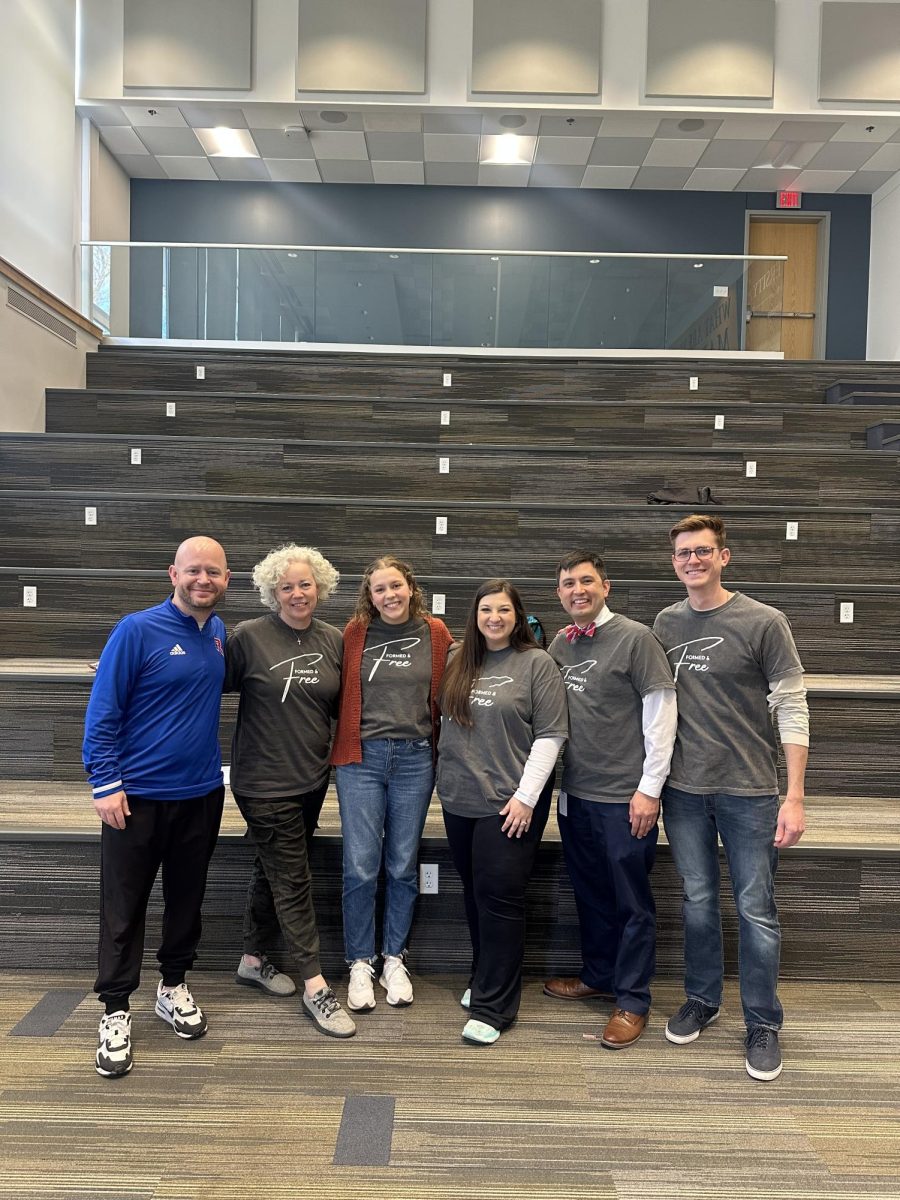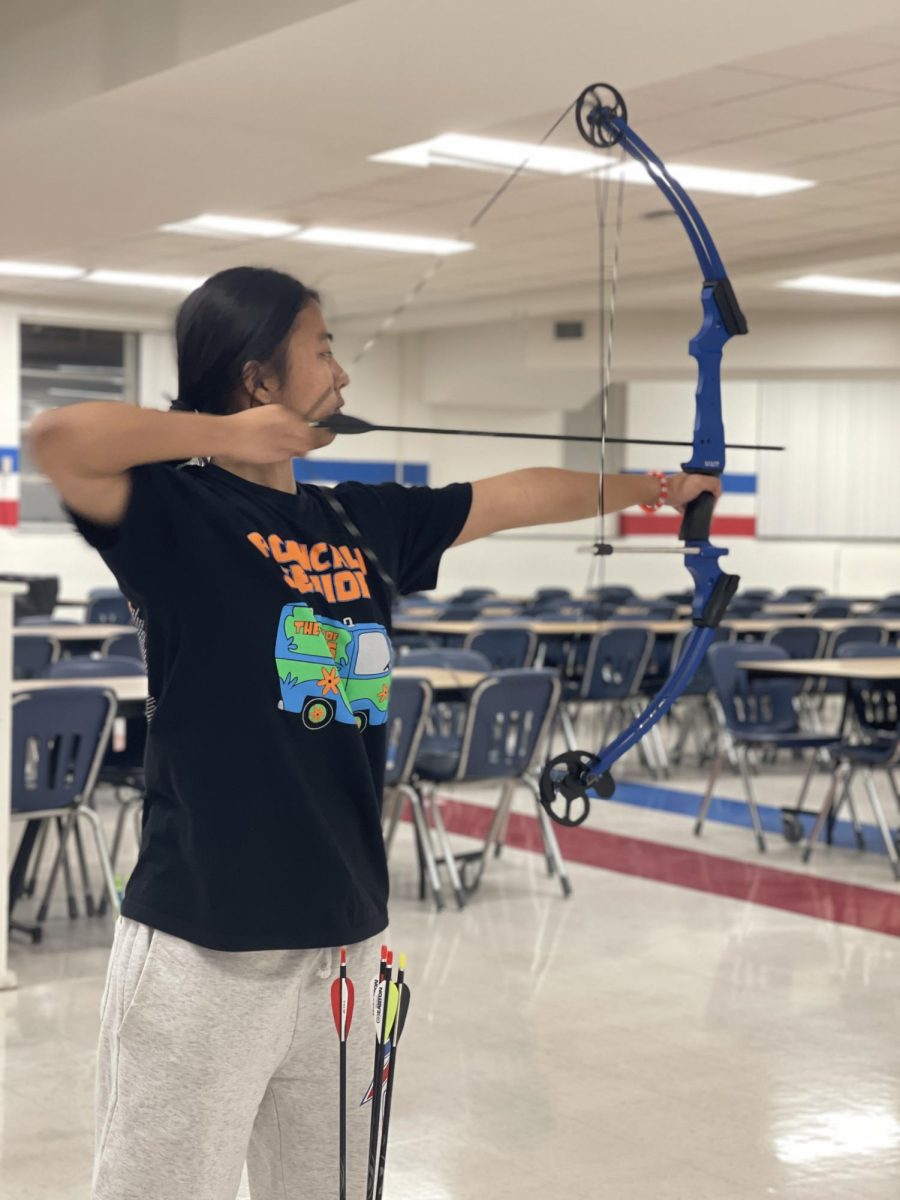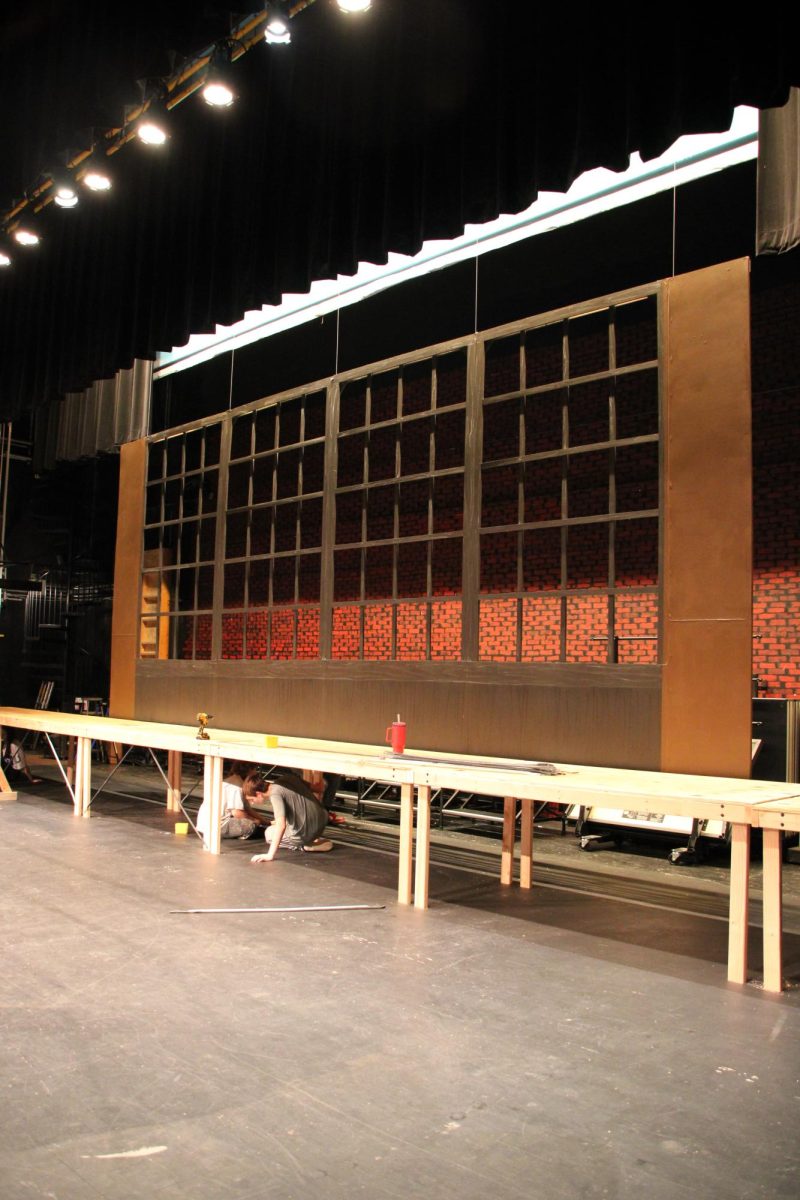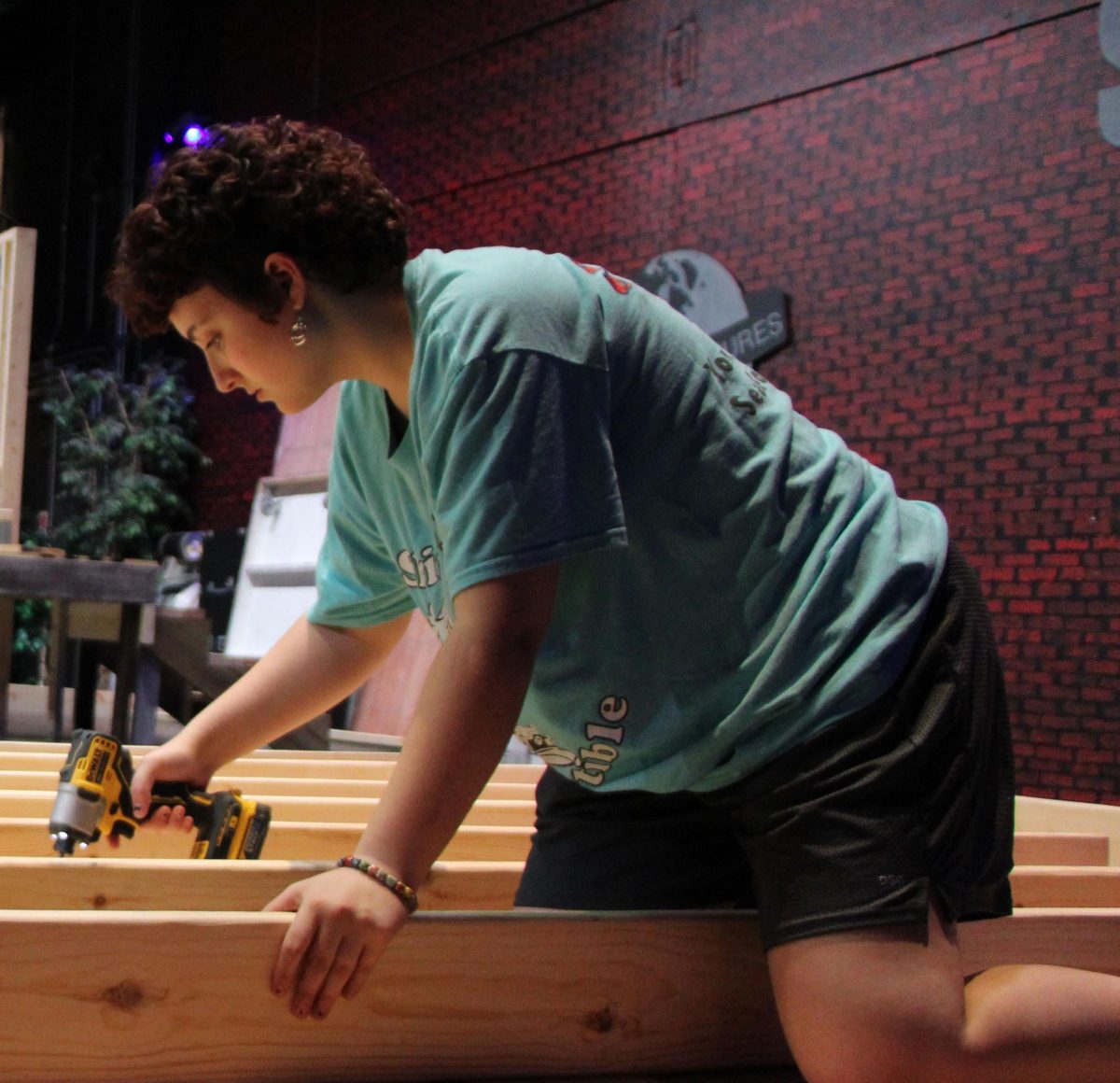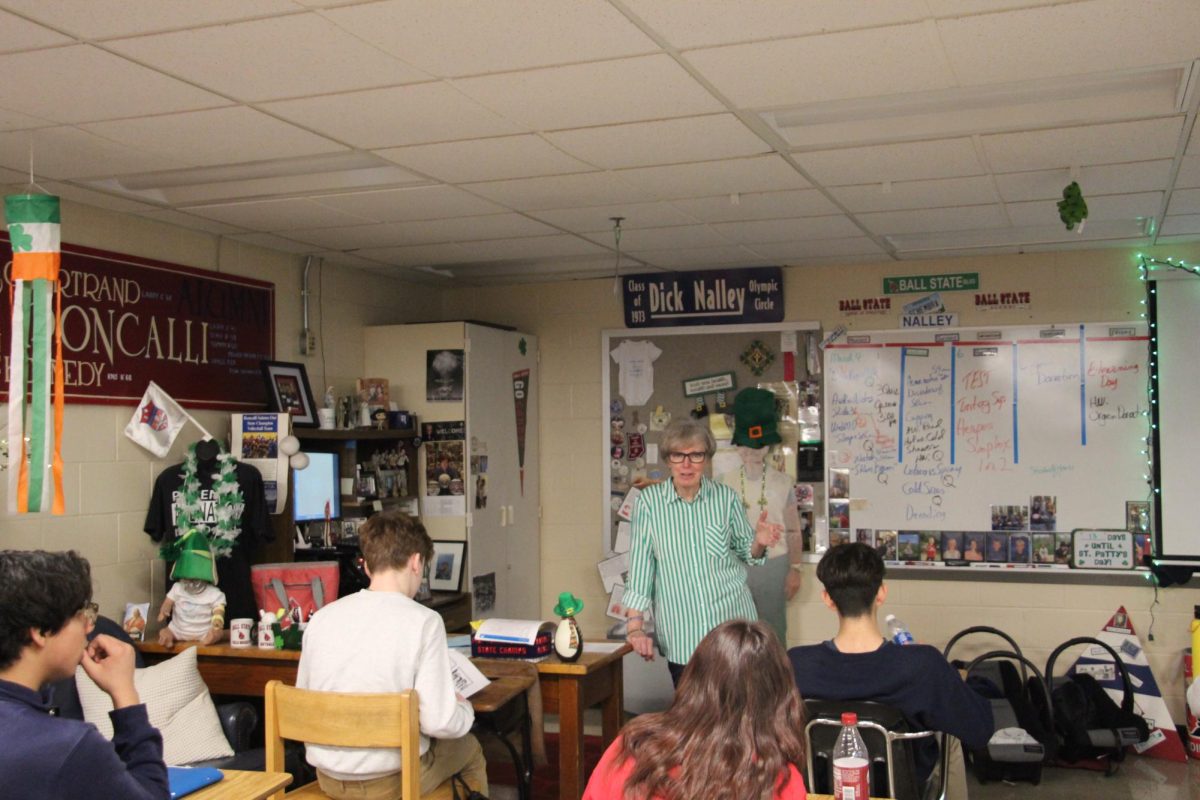This summer, senior Nicole Azar traveled to Lebanon with her mom and brother, returning to a country that feels like a second home. Most of their time was spent in Beirut, specifically Achrafieh, where her mother’s side of the family lives. They also visited Edde, her father’s ancestral village, where family members live in a 200-year-old house built by the hands of her great great grandfather. Azar made sure to explore the mountains and beaches of this small but deeply religious and historic country.
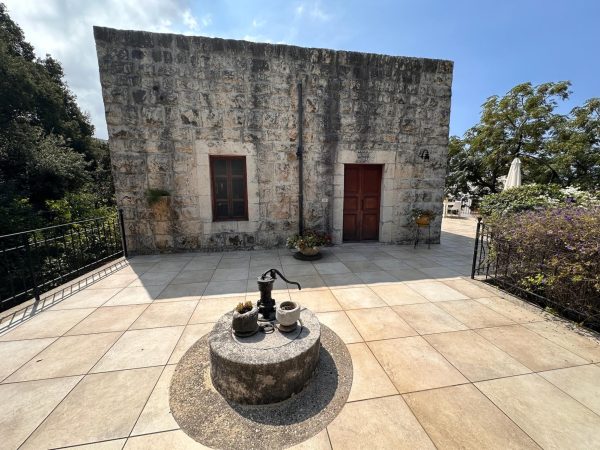
Lebanon offered a blend of spiritual heritage, family connection, and the simple joys of daily life. One of Azar’s most memorable moments was visiting a special religious site in the mountains.
“We visited St. Charbel’s Tomb at his monastery. His body is incorrupt and he has the most recorded miracles of all Catholic saints,” Azar said.
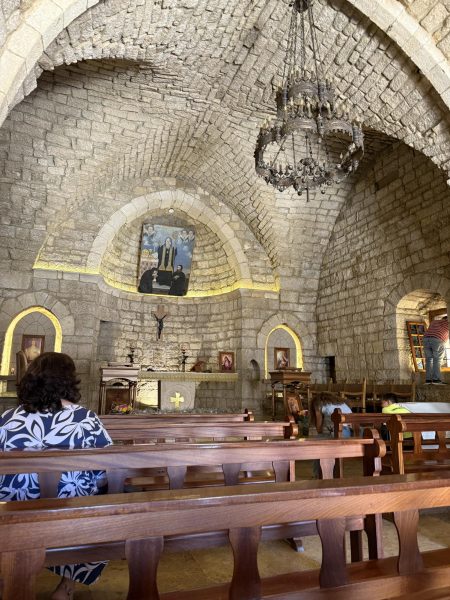
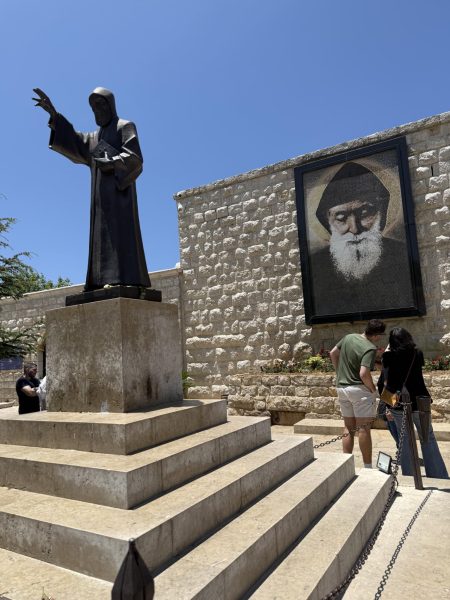
She also spent her time on the sunny beaches of Lebanon, along the coast of the Mediterranean.
“The water was super clear and the food was great,” Azar said.
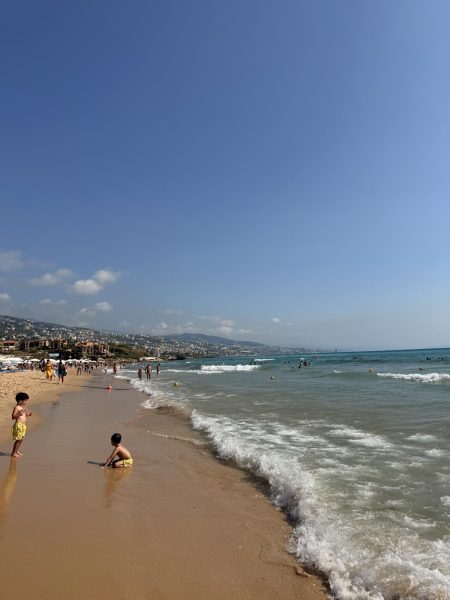
Much of the Lebanese cuisine that Americans aren’t accustomed to here in the States are just regular meals for Azar.
“I didn’t try anything new, since I’ve been going since I was a baby, but I love sambousek, kibbeh, home-made hummus, Mujadara, shish tawook, and batata harrah.”
Lebanese culture stands apart from American culture in many ways, especially in the emphasis on faith, family, and hospitality, according to Azar.
“In Lebanon, everything is centered around visiting people and social gatherings. There is a huge emphasis on family and religion. People always say th ings like ‘if God wills,’ ‘thanks be to God,’ and ‘may God protect you.’ That’s a huge aspect of the culture, their dependence on and hope with God.”
The biggest shock when visiting Lebanon for a newcomer would be the rules of the road.
“The craziest difference is definitely how people drive. People don’t follow lanes, and take road signs as suggestions. But I never see or hear of any crashes, everyone is just used to it.”
Concern for her and her family’s safety was initially questioned because of the Iran and Israeli conflict happening in the Middle East. Especially with Lebanon being pressured by both Israel and America to take more drastic measures to try and remove Hezbollah, a political party and terrorist group.
“The day after we arrived was when Israel struck Iran. It was a bit concerning because we didn’t know how fast things would escalate and if Lebanon would ever become one of Israel’s targets too.”
Although there wasn’t any military presence in Azar’s area, there is still Israeli military presence in southern Lebanon, as well as bombings despite a ceasefire.
“I was worried that we would get stuck in Lebanon, since the US embassy sent a warning for all Americans to evacuate the area. But, we stayed for the duration of our planned trip and got home fine.”
The Lebanese people were a calming presence to Azar during a time of anxiety and worry.
“Honestly, no one truly seemed worried about the tensions there. People just trust in God and say what’s the point of stressing about it. Lebanese are also used to the conflict between the Middle Eastern countries around them, so they just stay calm through all situations.”
While there were moments of concern, Nicole’s experience was ultimately fulfilling and filled with connection.
“It exceeded my expectations, because I was happy to spend so much time with my grandparents, who I rarely get to see. I like growing closer to them as I grow up and hearing their stories.”

